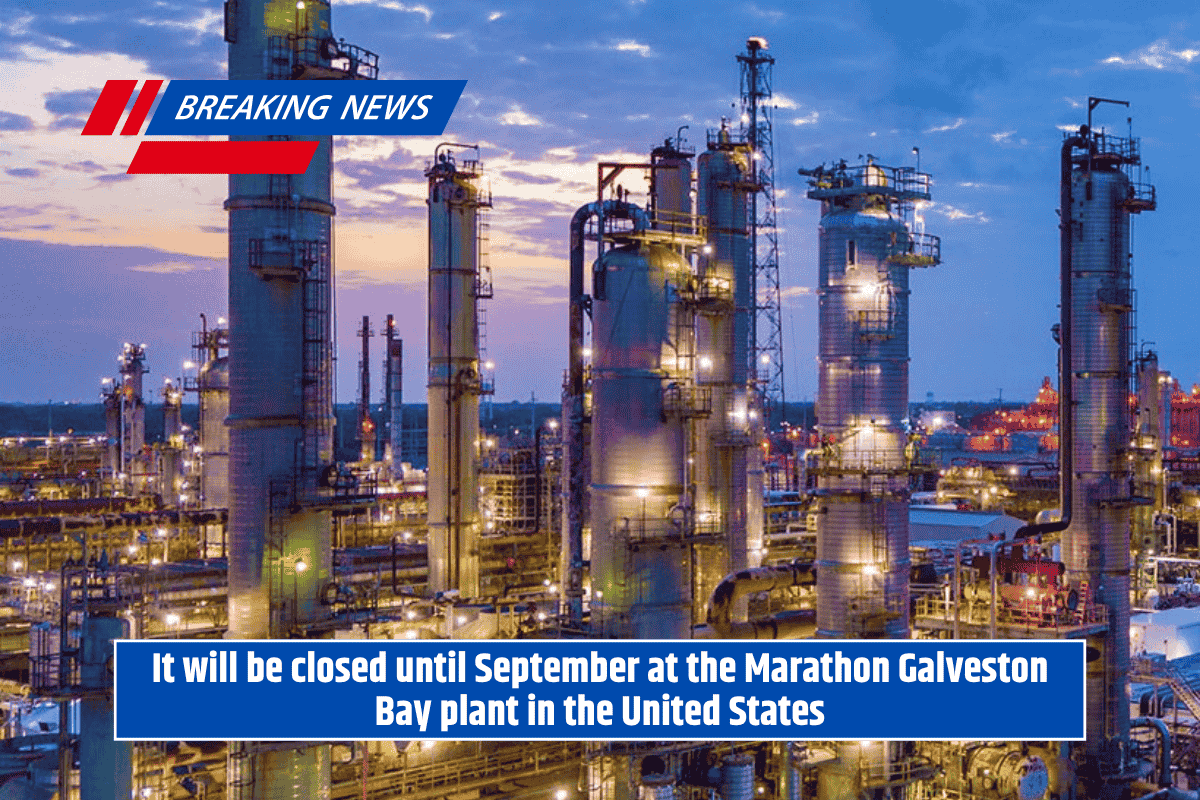A recent fire at the Texas City refinery, located in Texas, has caused some temporary disruptions in production, though most of the refinery’s units are still functioning close to full capacity.
The fire, which occurred on June 14, affected the 400 train hydrotreater, a key part of the 64,000-barrel-per-day Residual Hydrotreating Unit (RHU). Despite the incident, other units are running at or near their full production levels, according to sources familiar with the situation.
Fire Impact at the Refinery
The 400 train is one of three hydrotreaters at the refinery, which is a critical part of the RHU. This unit helps remove sulfur from feedstocks and the refined products derived from them. It’s vital for ensuring that the refinery meets U.S. environmental regulations.
In addition, the RHU contains a heavy oil unit that uses hydrogen to process heavy crude oil into motor fuels and other valuable products like asphalt and petroleum coke.
Despite the fire affecting the hydrotreater, the refinery’s production capacity overall remains strong. However, the exact impact on the refinery’s total output has not been made public by the sources, as they chose to remain anonymous.
Gasoline Production Affected
Following the fire, the production from the 144,000-barrel-per-day gasoline-producing Fluidic Catalytic Cracker 3 (FCC-3) was reduced for several days. The temporary production cut impacted gasoline output, but the refinery’s overall operations continued at a high level.
About the Galveston Bay Refinery
The Galveston Bay Refinery, which is the second-largest in the U.S. by capacity, remains a crucial asset in the country’s refining industry.
According to the U.S. Energy Information Administration (EIA), the refinery plays a significant role in processing crude oil and producing refined products, including gasoline, diesel, and other key fuels.
Marathon Petroleum’s Response
Marathon Petroleum, the company that owns the Galveston Bay Refinery, has not provided specific details regarding the fire’s impact on operations. Spokesperson Jamal Kheiry declined to comment on the matter when asked via email on Thursday night.
In conclusion, while the fire at the refinery has caused temporary production cuts, most units are continuing to operate near full capacity. The full impact of the fire on production is still unknown, but the refinery’s essential functions and role in fuel production remain intact.
